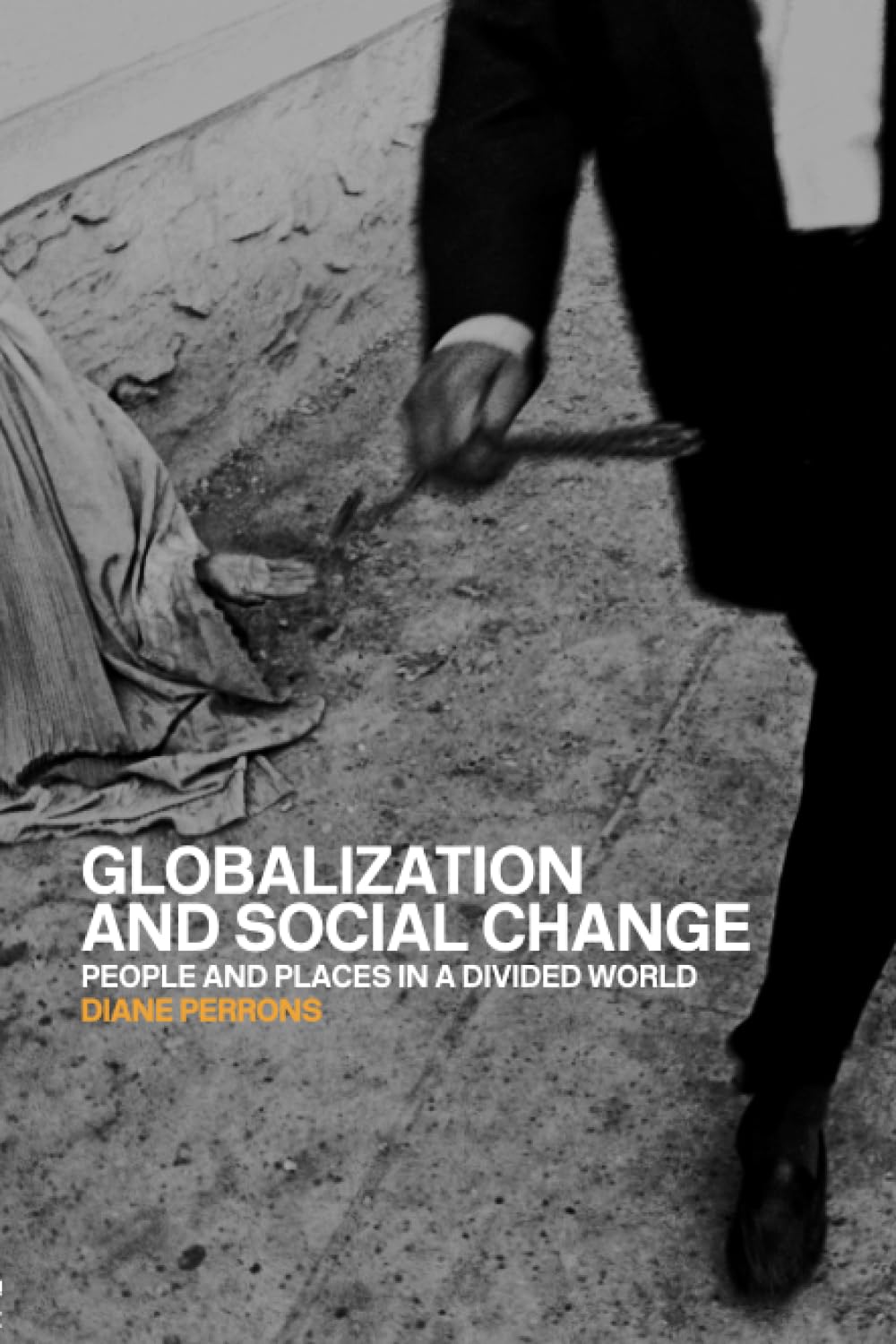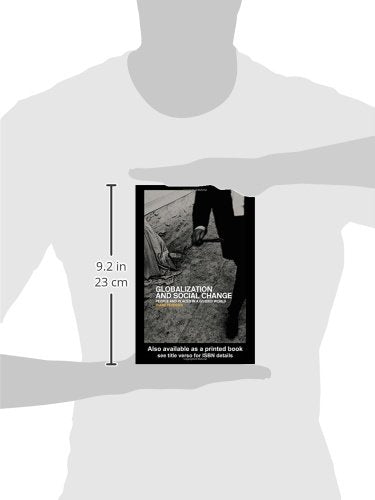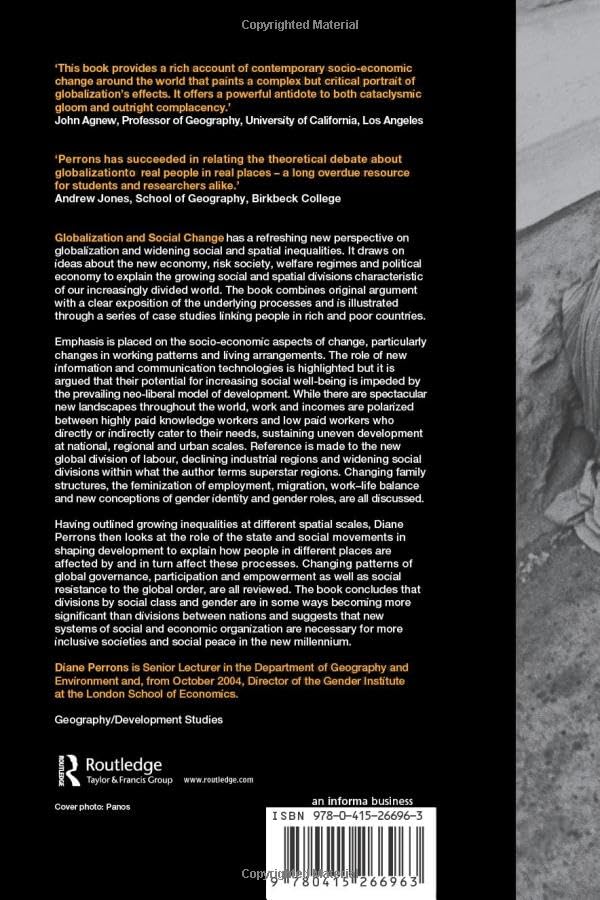Globalization and Social Change: People and Places in a Divided World
Globalization and Social Change: People and Places in a Divided World is backordered and will ship as soon as it is back in stock.
Couldn't load pickup availability
Genuine Products Guarantee
Genuine Products Guarantee
We guarantee 100% genuine products, and if proven otherwise, we will compensate you with 10 times the product's cost.
Delivery and Shipping
Delivery and Shipping
Products are generally ready for dispatch within 1 day and typically reach you in 3 to 5 days.
Book Title: Globalization and Social Change
Author: Perrons, Diane
Brand: Taylor & Francis Ltd
Edition: 1
Binding: Paperback
Number Of Pages: 384
Release Date: 01-04-2004
EAN: 9780415266963
Package Dimensions: 9.1 x 6.1 x 0.8 inches
Languages: English
Details:
Globalization and Social Change takes a refreshing new perspective on globalization and widening social and spatial inequalities. Diane Perrons draws on ideas about the new economy, risk society, welfare regimes, and political economy to explain the growing social and spatial divisions characteristic of our increasingly divided world.
Combining original argument with a clear exposition of the underlying processes, Perrons illustrates her points through a series of case studies linking people in rich and poor countries. She places strong emphasis on the socio-economic aspects of change, particularly changes in working patterns and living arrangements, and makes reference to the new global division of labour, declining industrial regions, and widening social divisions within what she terms 'superstar regions'. Wide in scope, this study also focuses on changing family structures, the feminization of employment, migration, work-life balance, and new conceptions of gender identity and gender roles.
Diane Perrons' enlightening book concludes that divisions by social class and gender are, in some ways, becoming more significant than divisions between nations, and suggests that new systems of social and economic organization are necessary for social peace in the new millennium.









